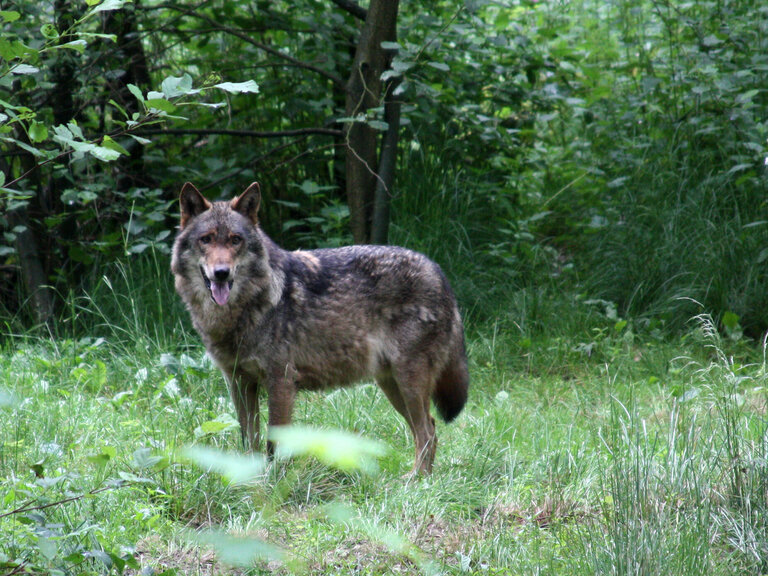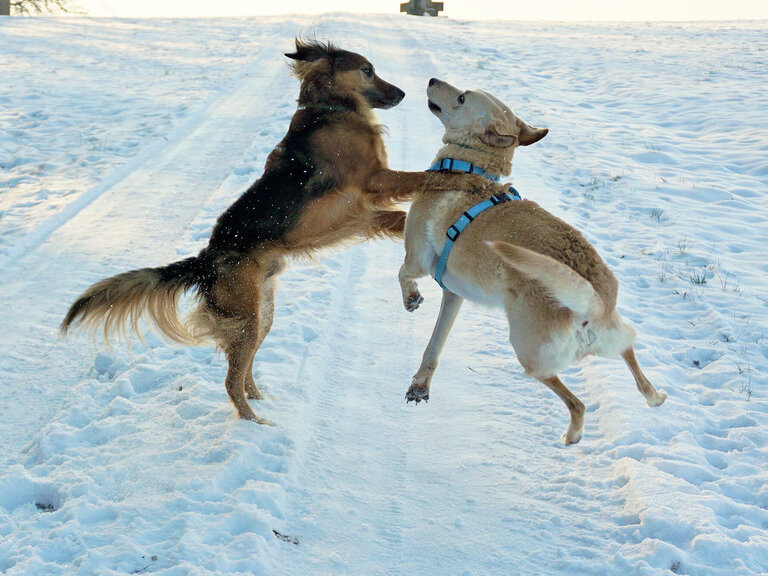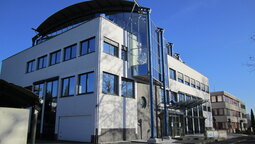The German Animal Welfare Federation recommends providing native songbirds with species-appropriate food to help them find food, especially during frost and snow. In this way, animal lovers can at least help the birds in their immediate vicinity through difficult times. A positive side effect: the animals can be observed at close range on the balcony or in the garden, which can be particularly interesting for children. The federation also gives tips on which food is suitable and where it should be placed.
"When the thermometer continues to drop, the ground freezes and there is snow, our native birds have a hard time finding suitable food. Animal lovers can help by setting up feeding stations. Grain-eaters such as finches, sparrows and bullfinches like to eat sunflower seeds, cereal grains, greased oatmeal and untreated peanuts. Soft feeders such as robins and wrens like to eat fatty foods and dried insect larvae, while blackbirds and thrushes are also happy with dried berries, apples and pears," says James Brückner, Head of the Wildlife Department at the German Animal Welfare Federation. However, bread, seasoned food and leftovers are completely unsuitable as food.
Difficult environmental conditions cause problems for wild birds
According to the German Animal Welfare Federation, it is important to support native wild birds in your own garden because they have to contend with difficult environmental conditions: the decline in insects, caused by pesticides, sterile gardens and perfected harvesting machines that leave no grain behind, among other things, make it difficult for birds to find enough food. In addition to supplementary feeding, the best help is still a near-natural garden: in winter, birds can find stems, flower remains and fruit clusters with seeds as well as insects that overwinter in dead plant parts or brushwood piles.
Set up feeding areas correctly
To prevent grain and soft food eaters from getting in each other's way, it makes sense to set up several small feeders. Hanging feeders such as feeding bells or grain dispensers are best suited for this. It is better not to offer tit dumplings in nets, as the birds can get caught in them. Apples and pears are best offered as whole fruit, as fruit cut into pieces spoils more quickly. Grain mixtures, food dumplings and dried berries are also available in specialist stores. However, they are only suitable if they are natural and contain no additives. Flat bowls with water for drinking and bathing are also popular with birds in winter. To prevent the transmission of pathogens, feeders and houses must be swept out daily and cleaned with hot water at least once a week. In addition, only as much food should be put out as the birds can eat within a few hours.








